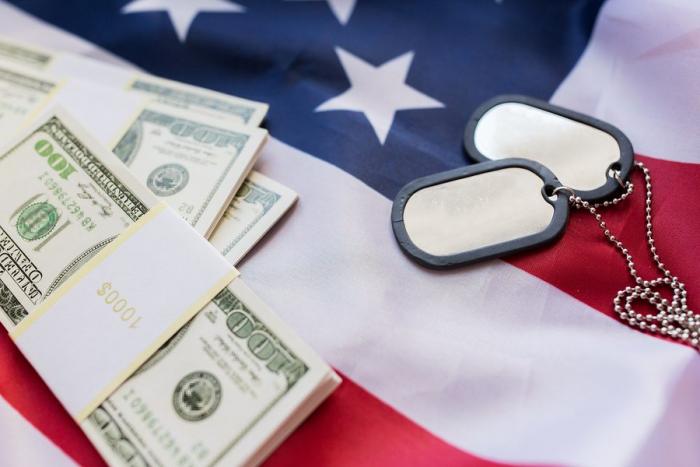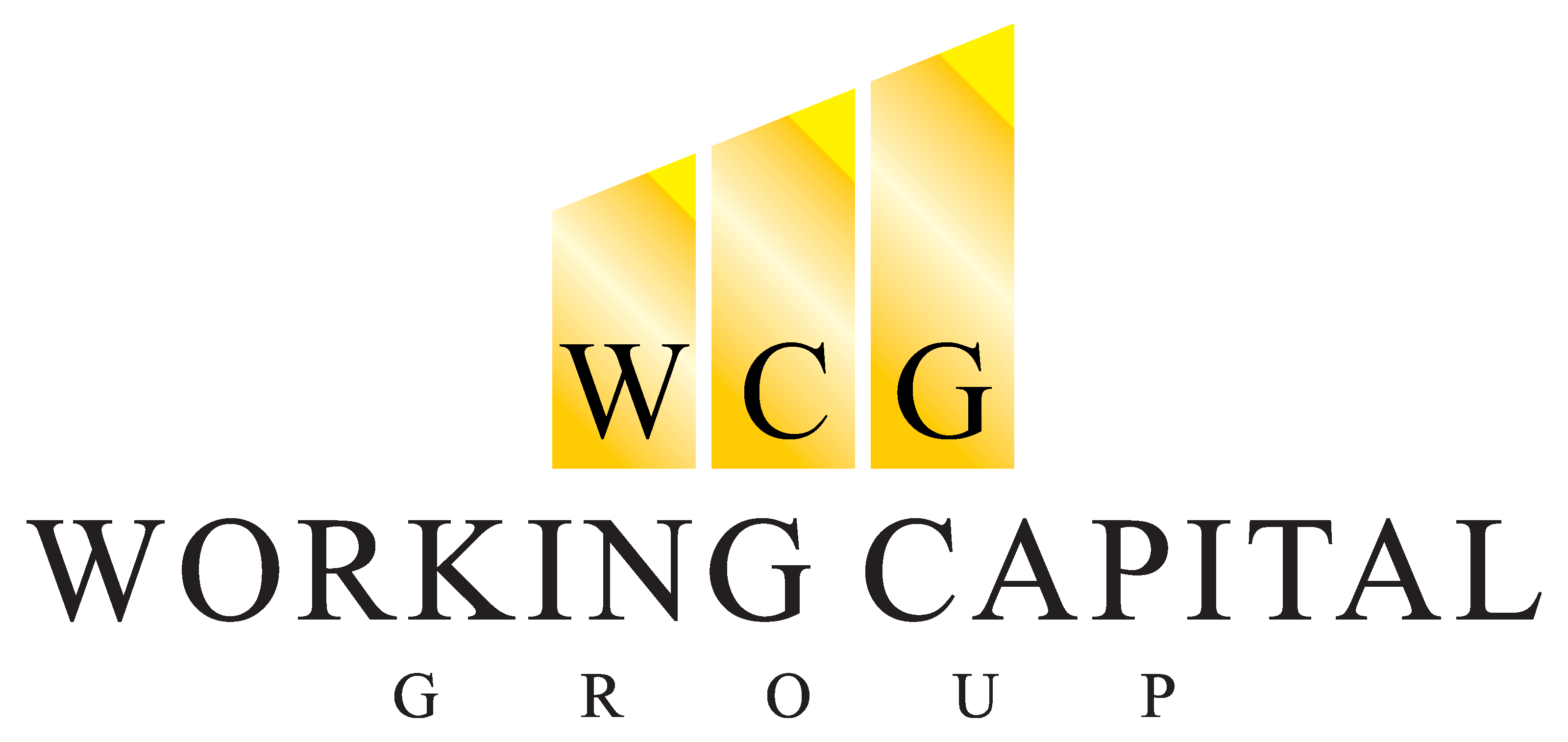How Veteran Business Owners Can Obtain an SBA Loan
Those who have served in the U.S. Armed Forces—and members of their family—know a lot about perseverance, planning, and leadership. It’s no wonder, then, that this group of people is well-suited for entrepreneurship.
Veteran-owned firms represent 9.1% of all U.S. firms—outpacing their representation as 7.6% of the total population. And they maintain their strong presence as a cornerstone of the economy despite having certain disadvantages when it comes to obtaining startup and business funding.
Having enough business financing to keep your venture running in the early stages, and to afford upgrades when it’s time to expand, is huge for business owners. But one of the most important factors lenders consider when reviewing a funding application is a business owner’s personal and business credit histories—which can be interrupted and diminished due to their time in service.
That’s why many veteran business owners (as well as transitioning active duty service members, reservists, current spouses of veterans, and others) look to the Small Business Administration’s loan program for the most affordable financing.
What is an SBA loan?
SBA loans are partially guaranteed by the Small Business Administration, the federal government agency in charge of supporting small businesses in the U.S. Though the funds are typically dispersed by local banks, the SBA promises to cover the majority of the loan in case of default, encouraging those banks to lend to business owners at rates and terms typically reserved for big businesses.
The SBA has a variety of loan programs that generally serve different purposes and have different loan amount ranges. The most popular SBA loan programs are:
- SBA 7(a) loan: The most commonly used SBA loan, the 7(a) loan can be used for most general working capital needs.
- SBA Express loan: This product is similar to the 7(a) loan, except for two key differences. It has a shorter underwriting period (your application will be turned around in 36 hours) and loans are capped at $350,000.
- SBA 504/CDC loan: These loans can be for as much as millions of dollars and are typically used for purchasing large assets, such as real estate.
- SBA Microloan: Reserved for new businesses and underserved business owners, Microloans are capped at $50,000.
All of these loan possibilities are good options for veteran business owners, if they have the need and can meet minimum qualifications.
How do I qualify for an SBA loan?
Each SBA loan program will have slightly different qualifications, and rarely will two business owners that are approved for an SBA loan have a background that is exactly alike.
That being said, for most larger SBA loans (non-Microloans), businesses typically must be well-established (in operation for several years) and generate over $180,000 in annual revenue, and the business owner should have a strong credit score (minimally in the high 600s).
These rules aren’t set in stone—some lenders will lend to new businesses, and others will have stricter guidelines based on their own models and the loan program you’re applying to.
Is there an SBA loan specifically for veterans?
Not exactly. There is no SBA loan that is earmarked for only veterans—if you’re a business owner, regardless of your prior history, you apply for an SBA loan just like anyone else.
There is, however, the SBA Veterans Advantage program. This program waives the guarantee fee on SBA Express loans—which typically saves you about 3% on loans over $150,000.
To qualify for the Veterans Advantage program, the business in question must be majority owned by an individual or individuals that fall into the following categories:
- Veteran (not dishonorably discharged) or service-disabled veteran
- Active duty military member in the Transition Assistance Program (TAP)
- Reservist
- National Guard member
- Current spouse of a veteran, active duty service member, reservist, or national guard member
- Widow of service member who died while in service or of a service-connected disability
You may have to produce documentation or forms that prove your status as a member of one of the above groups.
You’ll also have other resources and training available to you, including the Boots to Business Entrepreneurial Training, or access to the Office of Veterans Business Development.
How to get started obtaining an SBA loan
Once you’ve decided what SBA loan program is right for you and your business at this time, and you’ve determined your eligibility for that program, it’s time to apply.
Find a lender to apply to (start with a list of popular and preferred SBA lenders, and submit your application, which may include documents like bank statements, balance sheets, tax returns, a business plan, a business debt schedule, your driver’s license, and more, depending on the lender. Prepare most of this paper work ahead of time to expedite your application process.
From there, it’s up to you and your lender to close out your loan and get started putting those funds to work.
Remember: Acquiring funding may be difficult, but the true challenge of running and growing your business is still to come.
This content was originally published here.



